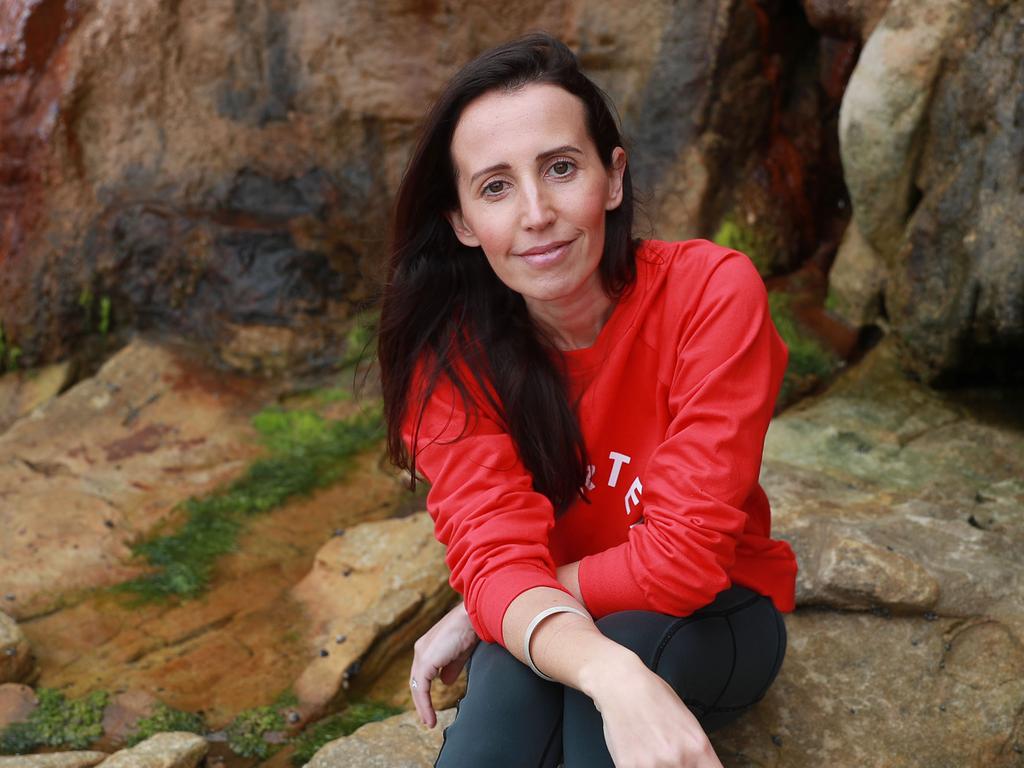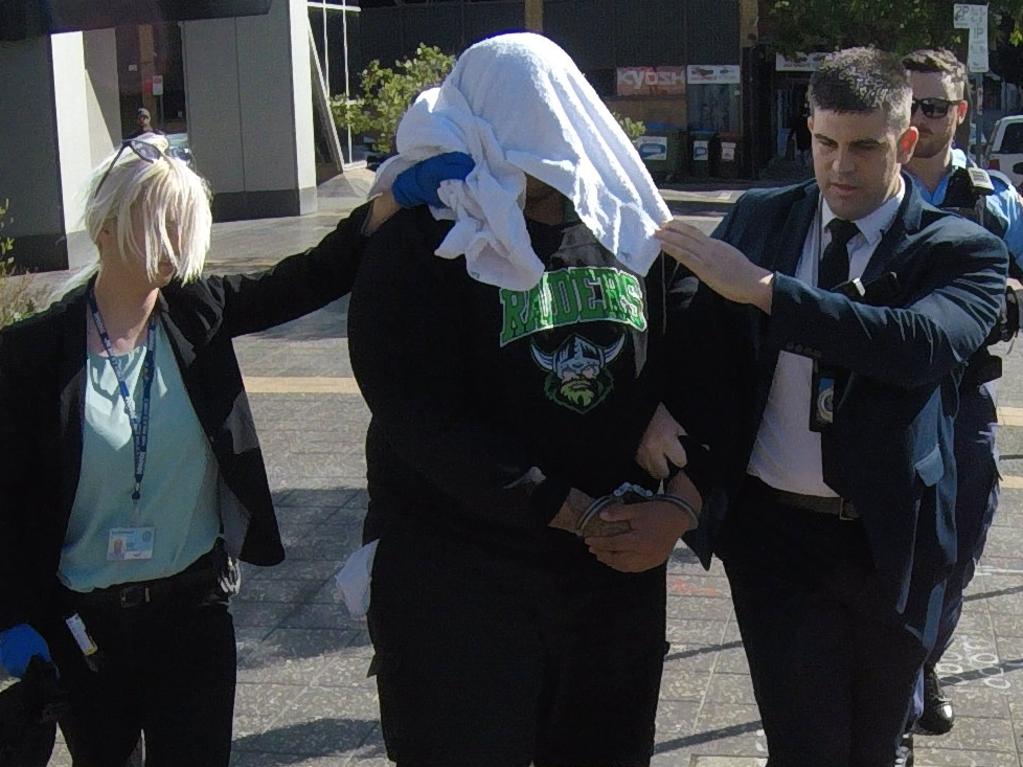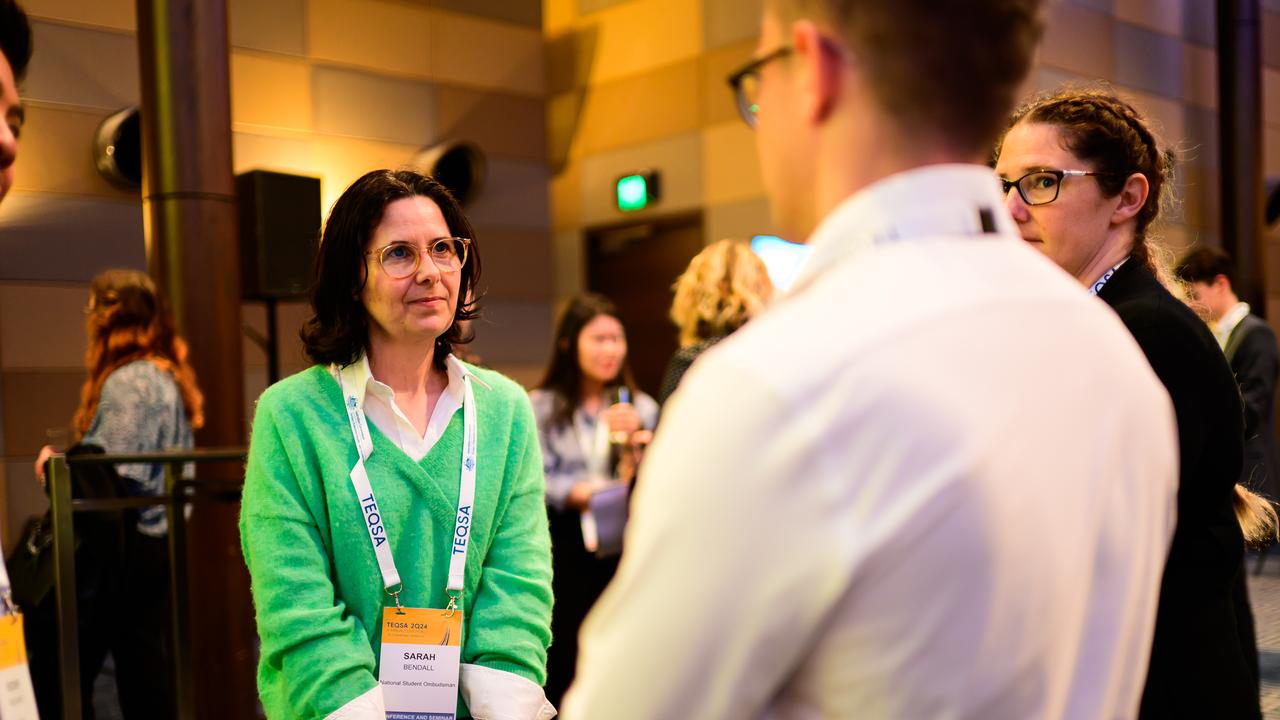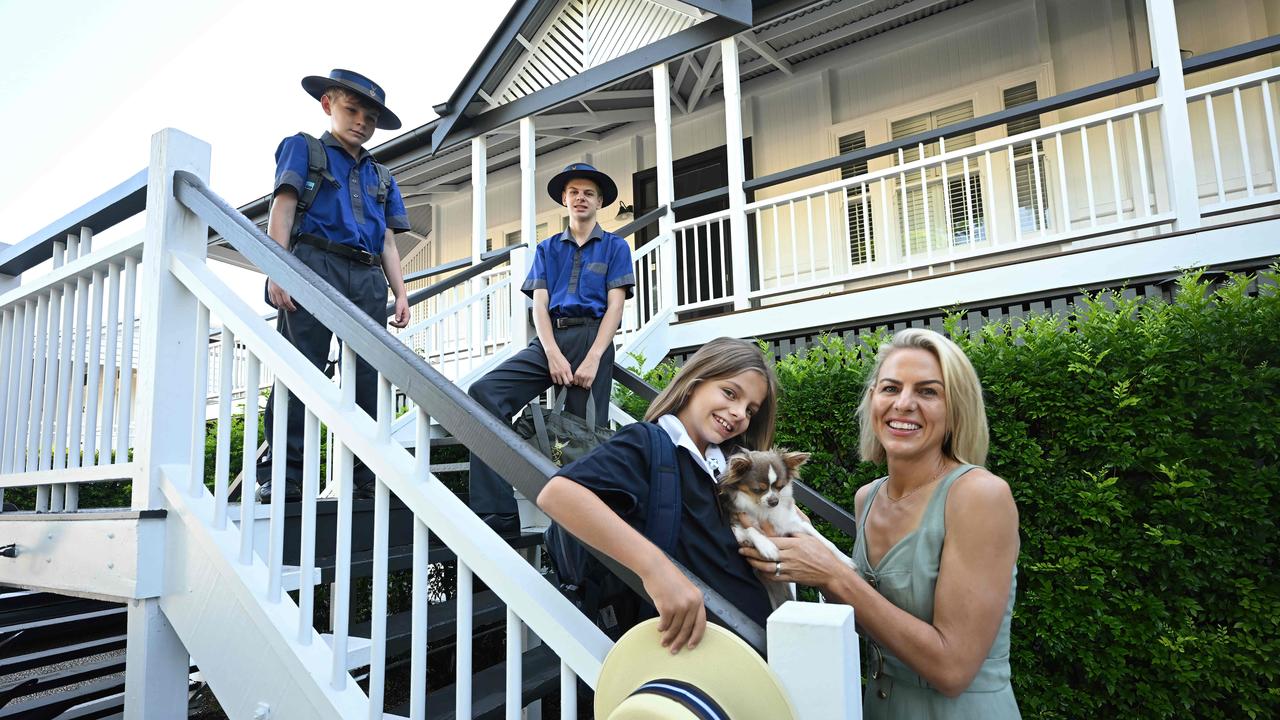Disability Royal Commission: Violence, abuse, neglect too high
People with disability are abused, neglected, exploited and subjected to violence, royal commission interim report concludes.
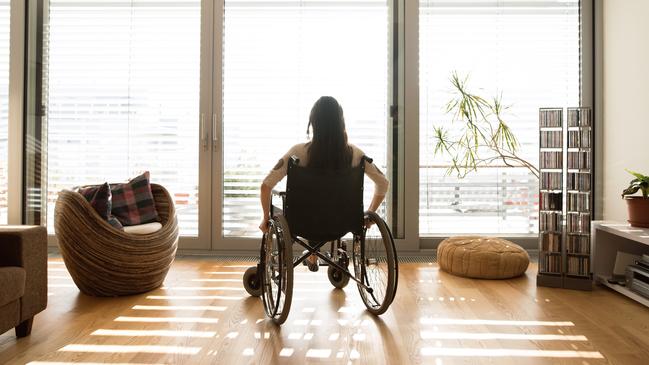
Australia’s 4.4 million people living with disability continue to experience unacceptably high levels of violence, abuse, neglect and exploitation at work, school, at home and in their communities.
And despite some notable improvements over the past half century, including the closure of notorious institutions, far more needs to be done to ensure people with disability enjoy the same human rights as others in society, the disability royal commission has warned.
The commission’s interim report, published on Friday after 15 months of hearings, outlines a litany of examples of violence, abuse and exploitation perpetrated against people with disability.
“Almost two-thirds of people with disability have experienced violence in their lifetime, and people with disability are twice as likely as people without disability to experience violence in a 12-month period,” the report finds.
“Of women with disability aged 18–64, 32 per cent experience sexual violence in a 12-month period, which is twice the rate of women without disability in the same age bracket.
It can start in a person’s own home, the report said. “People with disability can experience particular forms of domestic and family violence, including the withholding of food, water, medication or support services, the use of restraints, reproductive control and forced isolation.”
The report delves deeper into less physical forms of abuse and exploitation faced by people with disability, noting school-age children face issues such as “gatekeeping”, where they may be discouraged from attending a school of their or their family’s choice.
Other practices examined were the use of psychotropic drugs to control behaviour, and “diagnostic overshadowing”, where symptoms of physical or mental health conditions are misattributed to a person’s disability.
Commission chairman Ronald Sackville said he had asked Scott Morrison to extend the term of the royal commission by more than a year to September 2023, given the commission’s wide terms of reference, the impact of the COVID-19 pandemic, and the amount of evidence uncovered by the inquiry so far.
“The task confronting us is formidable, but we are committed to completing the work in a way that will help bring about transformational changes in the laws, policies and practices affecting people with disability,” Mr Sackville said.
The 561-page interim report offers no recommendations for policy action, but outlines a “mosaic” revealing the appalling treatment of people with disability in Australia.
Mr Sackville noted the generational improvements in the lives of people with disability, but said much work remained to be done to ensure basic human rights were met.
“Many horrific institutions have been closed and people with disability now have a voice through their representative organisations. The NDIS has been established. But welcome as those changes are, a great deal remains to be done,” Mr Sackville said.
The report says First Nations people face double discrimination because they are both First Nations and a person with disability.


